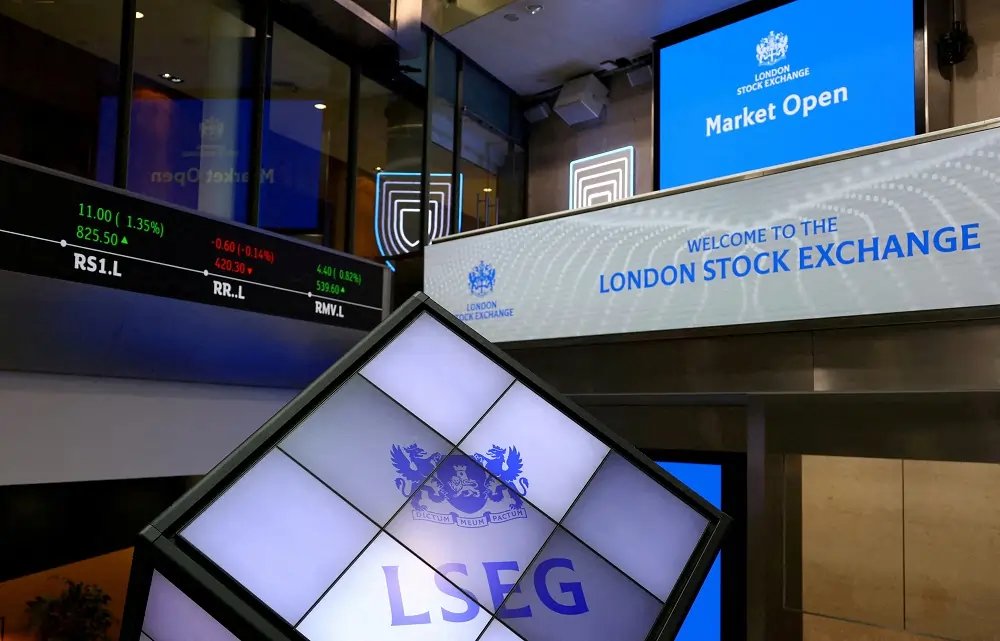Factbox-Britain shakes up listings rules to attract investment


LONDON (Reuters) – Britain’s biggest reform of company listing rules in over three decades takes effect on Monday on the London Stock Exchange, a measure intended to help it compete more effectively with New York and the European Union after Brexit.
LONDON (Reuters) – Britain’s biggest reform of company listing rules in over three decades takes effect on Monday on the London Stock Exchange, a measure intended to help it compete more effectively with New York and the European Union after Brexit.
The reforms, part of government efforts to attract more private investment into the British economy, have divided opinion.
Shareholders say their rights will be eroded, but supporters say the reform aligns Britain with practices elsewhere and will make London cheaper and more competitive for companies to raise cash and allow bigger risk appetite to boost growth.
Here are some details of the new rules from the Financial Conduct Authority (FCA):
SINGLE LISTING CATEGORY
The existing standard and more onerous premium listing requirements will be scrapped and replaced with a single commercial companies category that has more flexible eligibility conditions, and less onerous ongoing requirements.
Companies wanting to list will no longer have to provide three years of historical financial data or a clean 12-month working capital statement. It means smaller growth companies can list at an earlier stage.
SHAREHOLDER VOTES
The rules signal a fundamental shift to a more disclosure-based system to cut red tape for companies. Companies listed under the commercial companies category will no longer have to hold a shareholder vote on what are known as significant related party transactions. They will still need shareholder backing for a reverse takeover transaction, share buy-backs or cancellation of a listing.
Companies will also still have to apply Britain’s corporate governance code, meaning they have to say if they comply with best practice or explain why they do not.
DUAL AND MULTIPLE SHAREHOLDER RIGHTS
Founders or directors of a company can have enhanced voting rights over ordinary shareholders indefinitely to retain control after listing. The aim is to attract more growth companies, such as tech start-ups, to list in London and compete more effectively with New York where such dual voting rights are common.
INSTITUTIONAL SHAREHOLDERS
Pre-IPO institutional investors, such as private equity, can also have enhanced voting rights, though for only up to 10 years to ensure visibility and predictability to other shareholders and prospective shareholders.
SPACS LISTING CATEGORY
Special Purpose Acquisition Companies or SPACs, a listed company created to acquire or merge with existing companies, still have 24 months to complete a transactions or return money to investors, but this period can now be extended by 12 months up to three times, if shareholders approve.
INTERNATIONAL SECONDARY LISTING
This creates a new category to attract secondary listings of non-UK incorporated companies that have a primary listing elsewhere.
WHAT NEXT?
The FCA has set out its next leg of reforms, proposing to ease rules on listing prospectuses, and introducing flexibility into research on listed companies.
(Reporting by Huw Jones, editing by Barbara Lewis)
A Special Purpose Acquisition Company (SPAC) is a publicly traded company created to raise capital through an IPO for the purpose of acquiring an existing company.
Corporate governance refers to the systems, principles, and processes by which companies are directed and controlled, ensuring accountability and transparency.
A listing category is a classification of companies based on their compliance with specific regulatory requirements to be listed on a stock exchange.
Explore more articles in the Top Stories category











